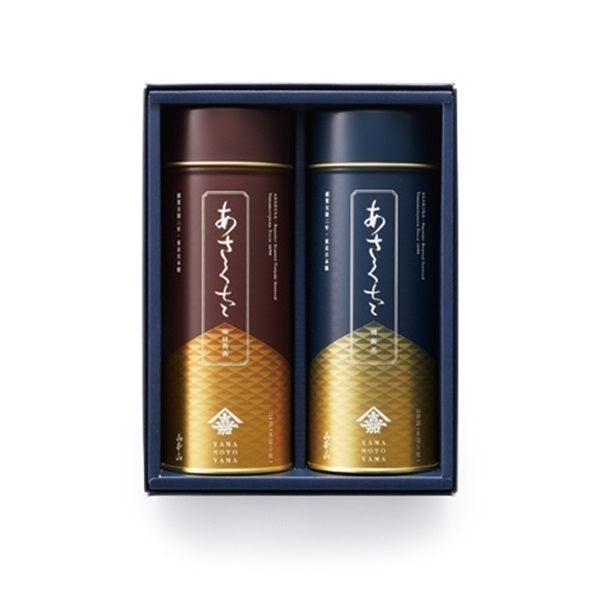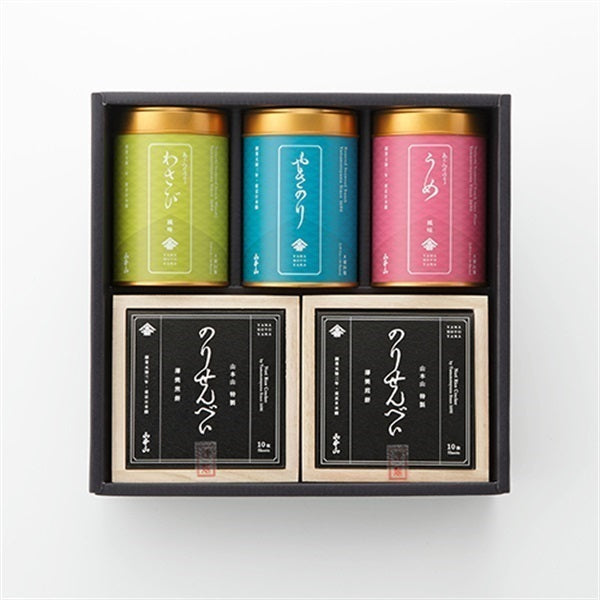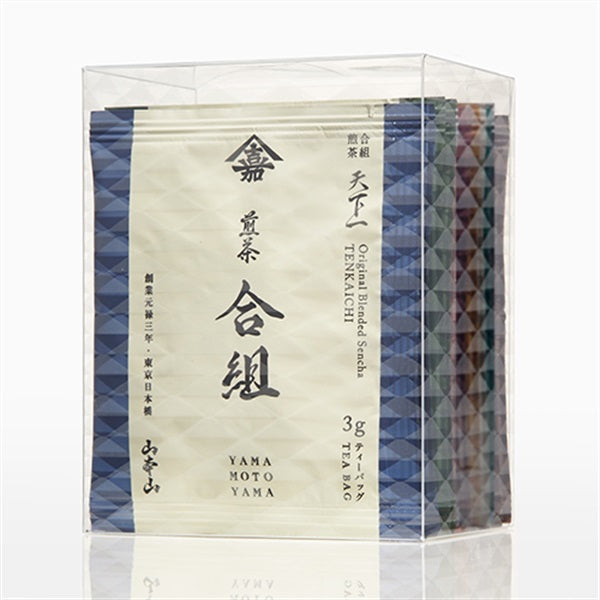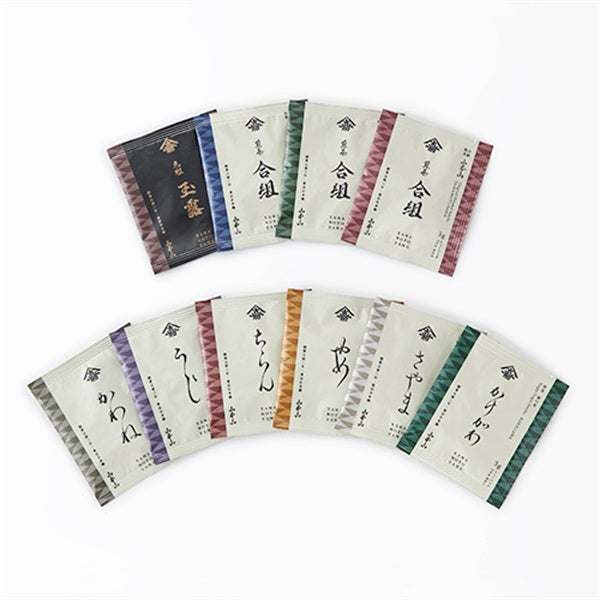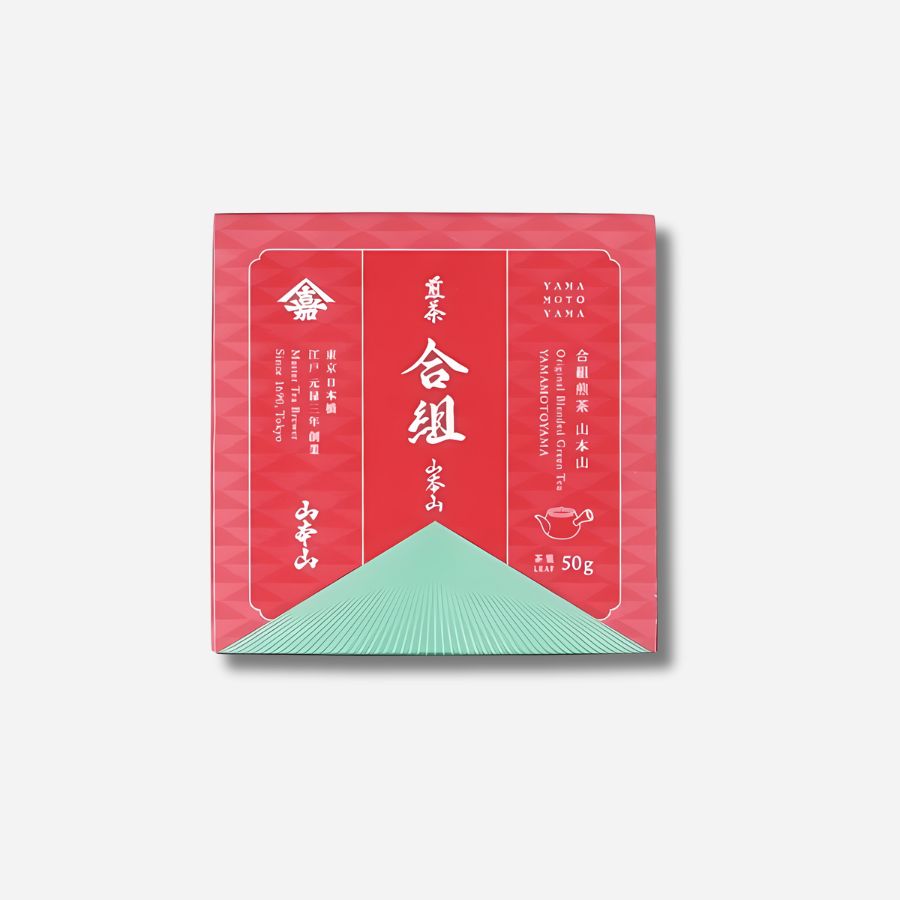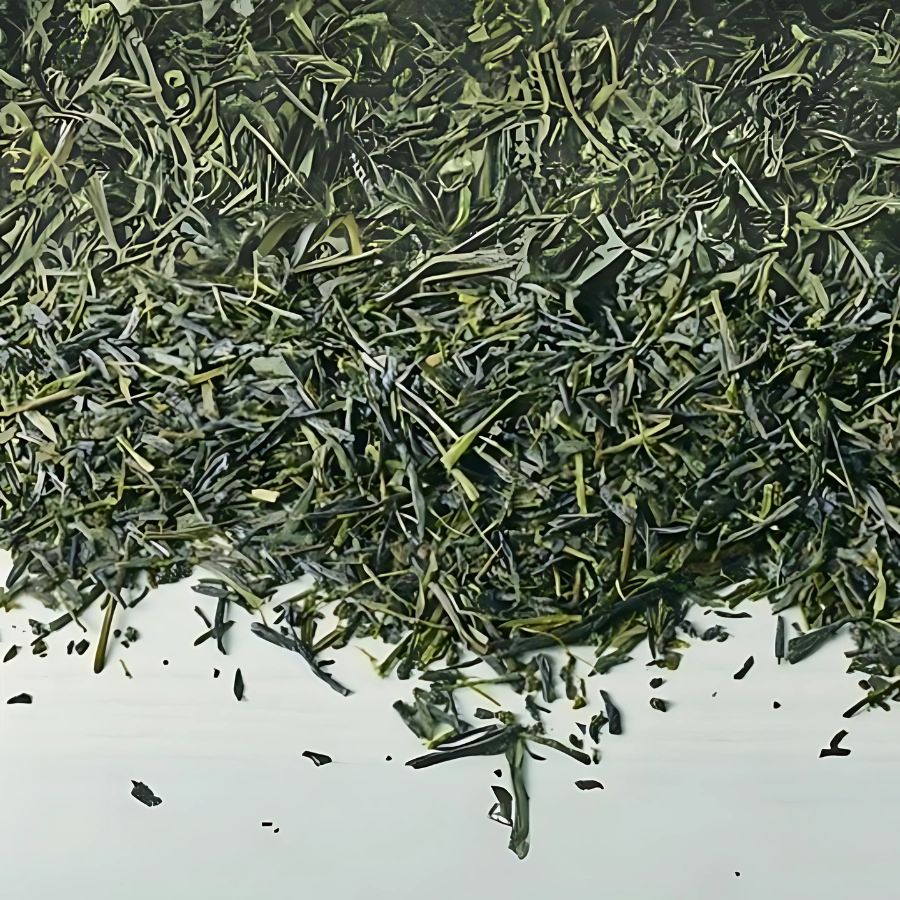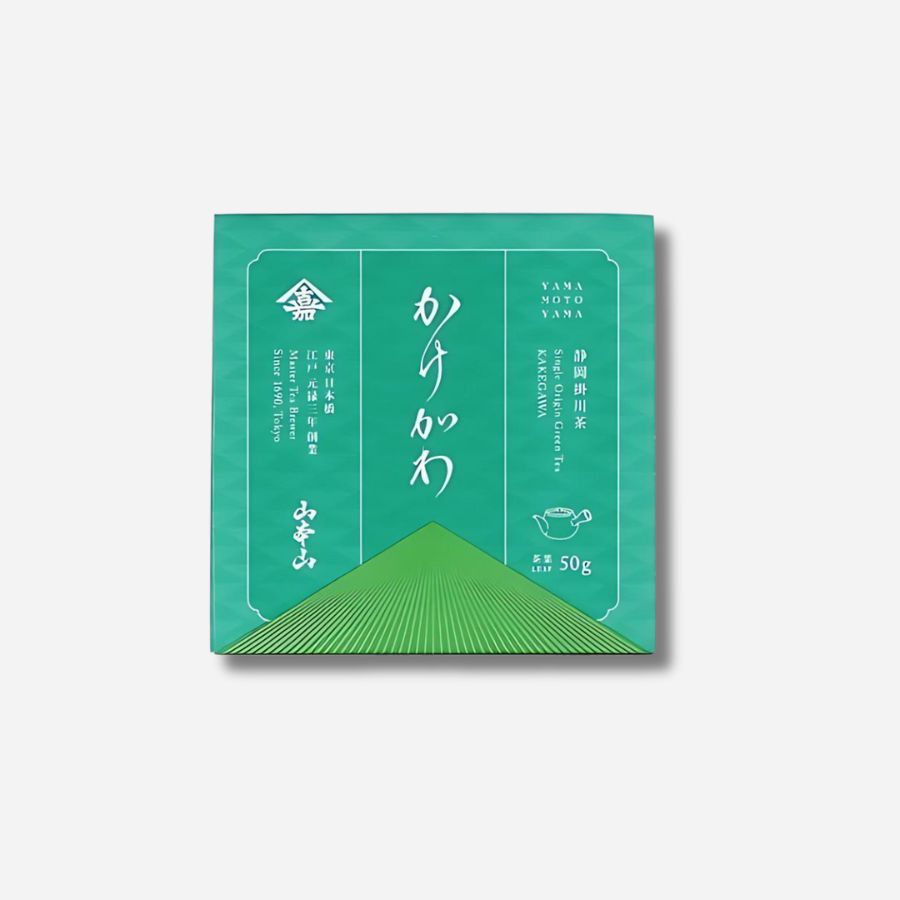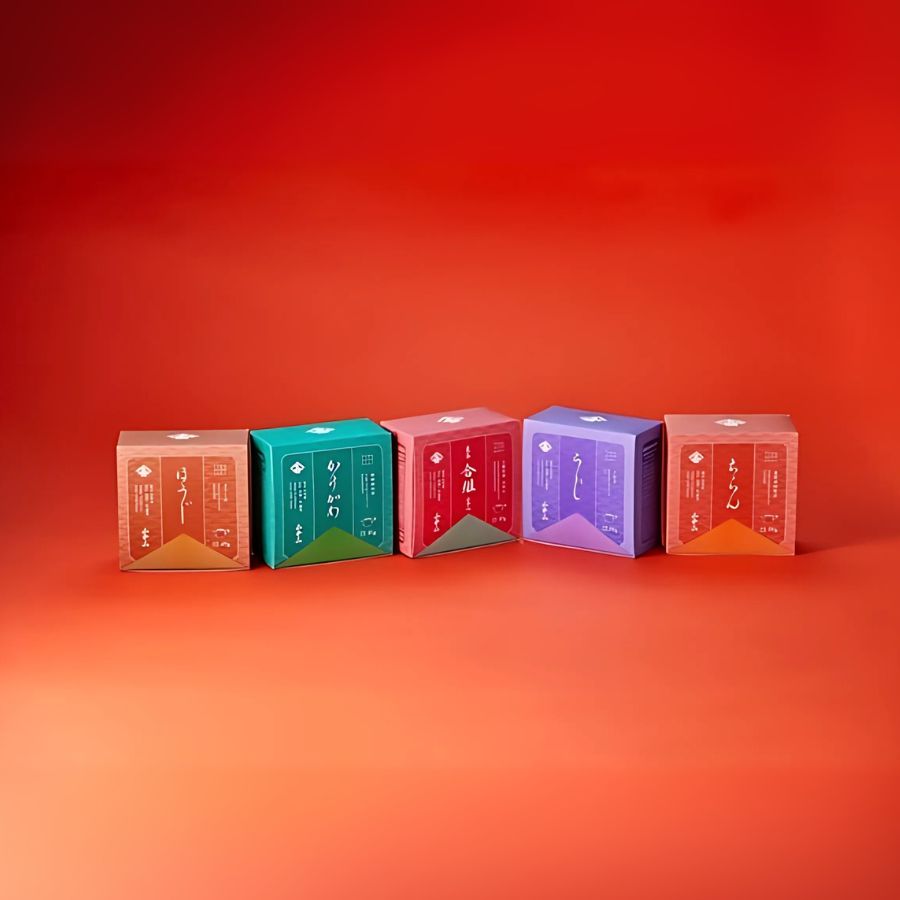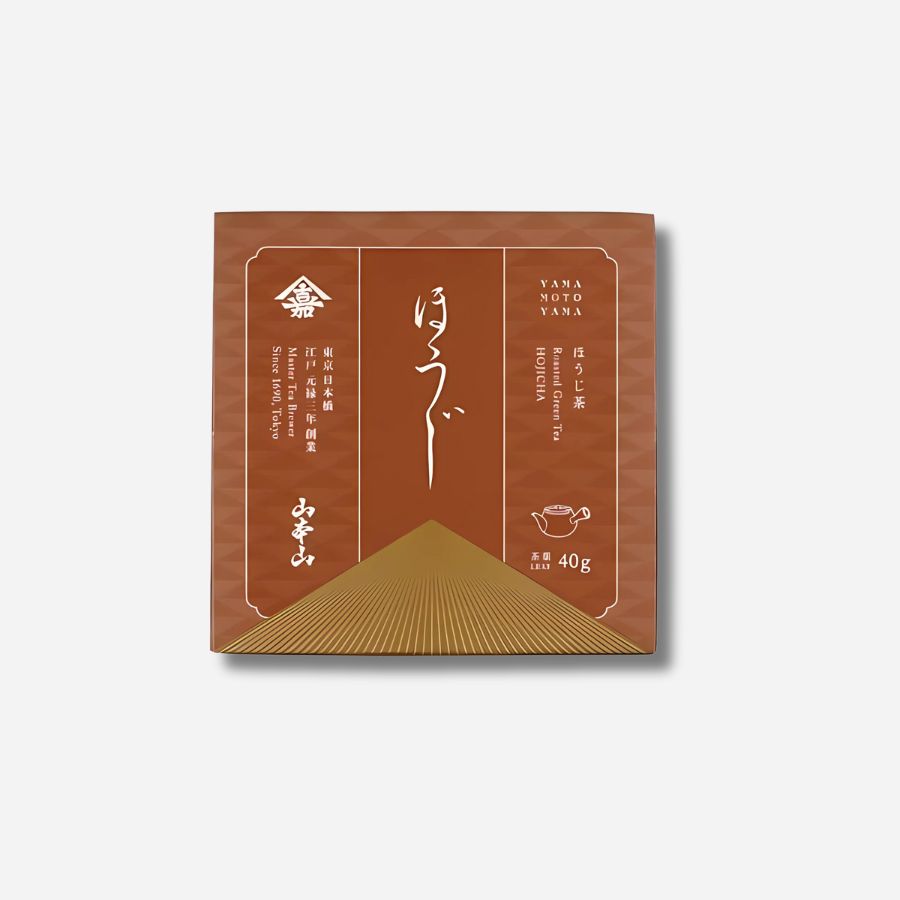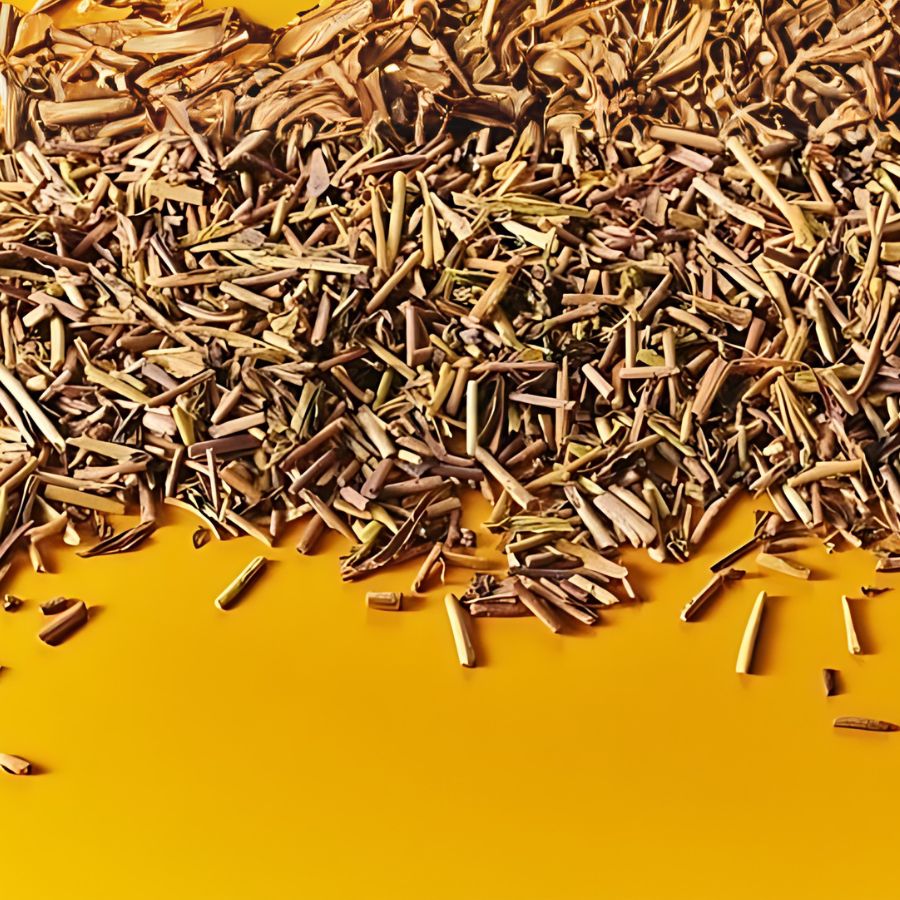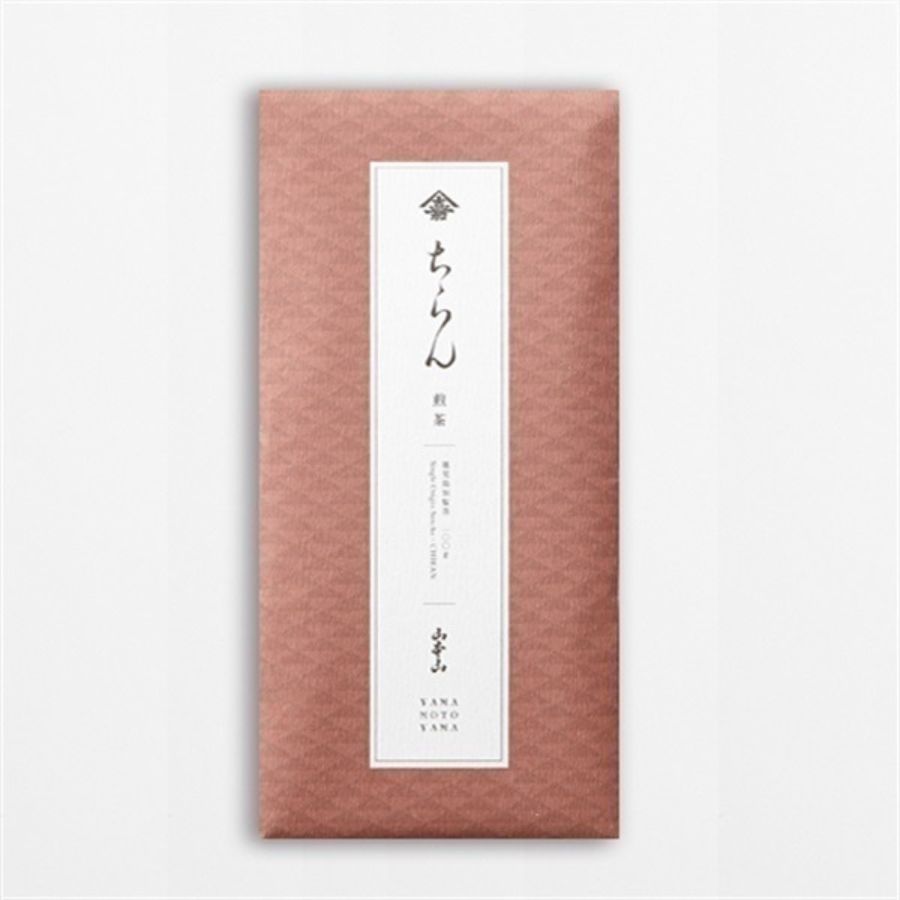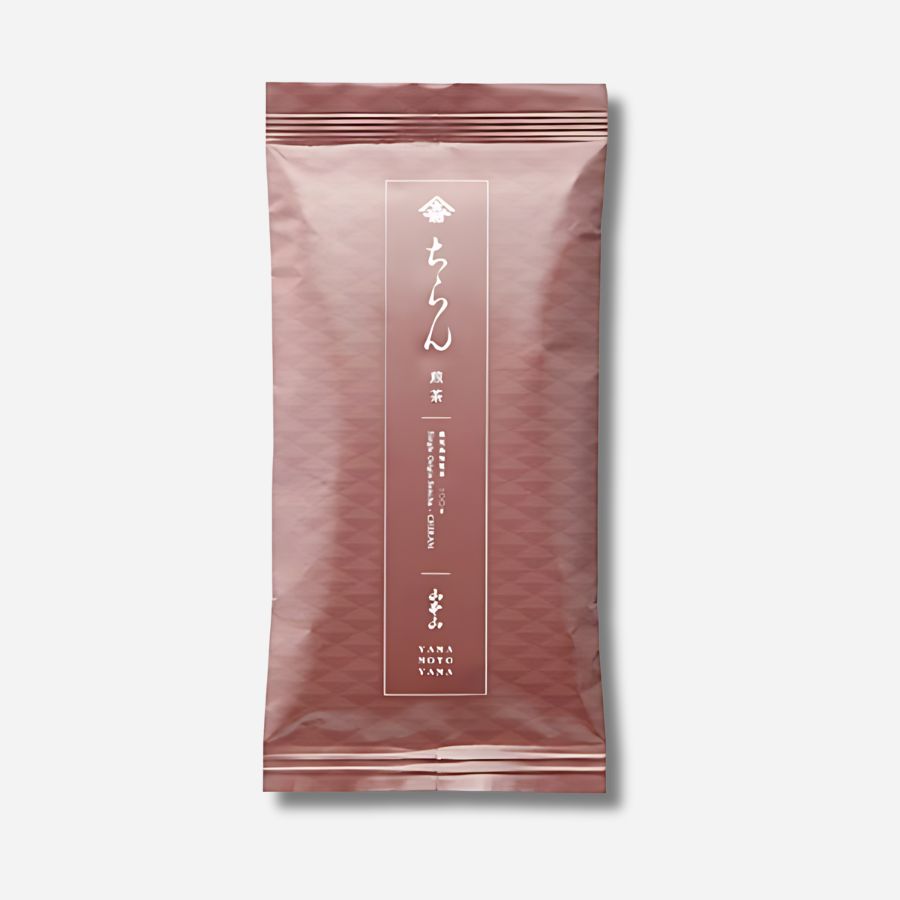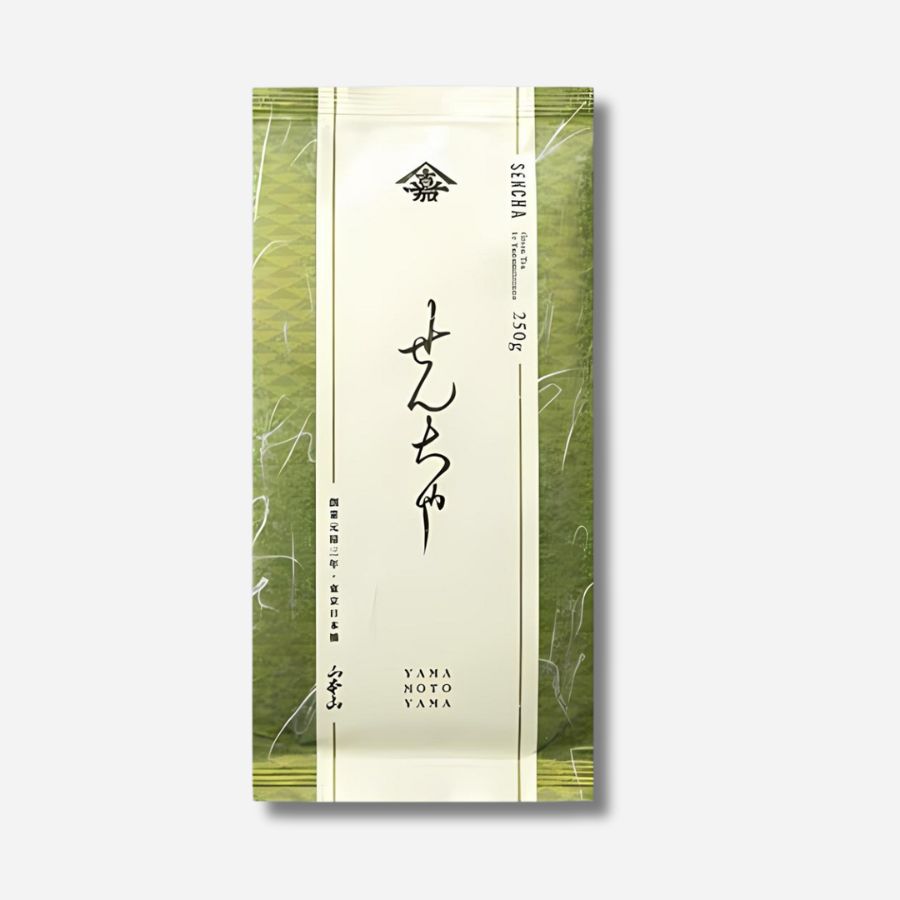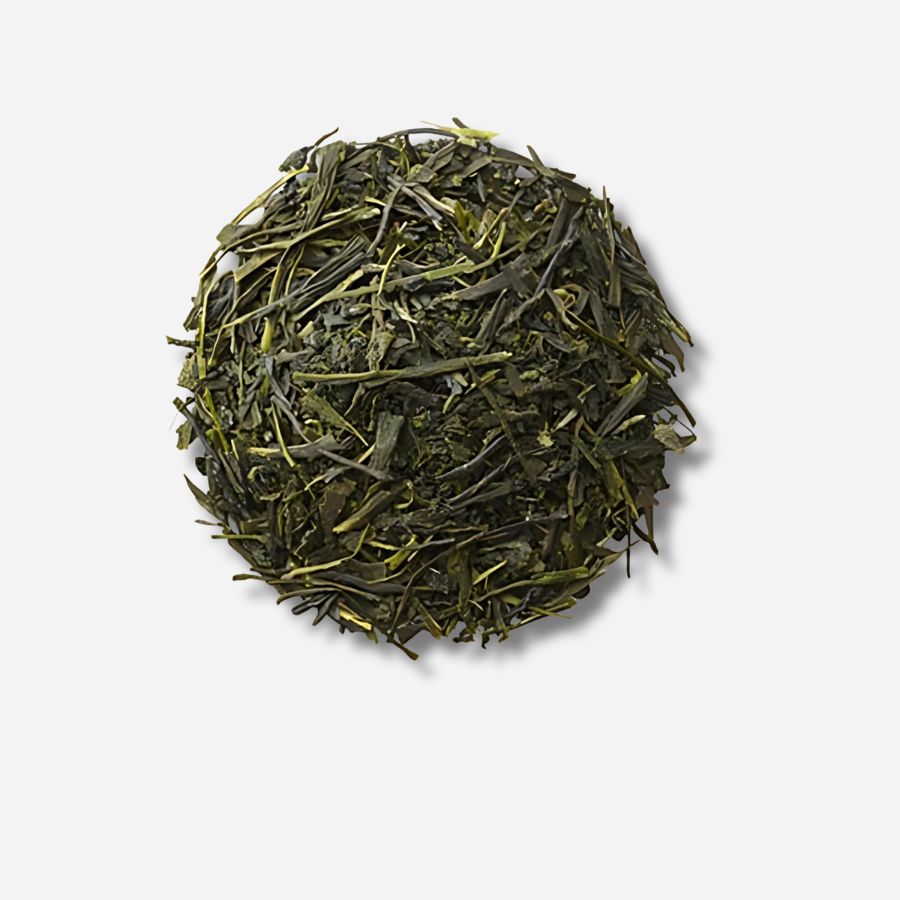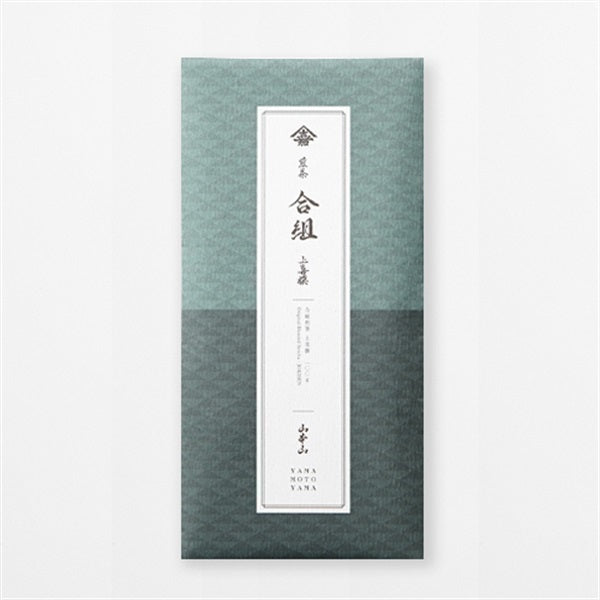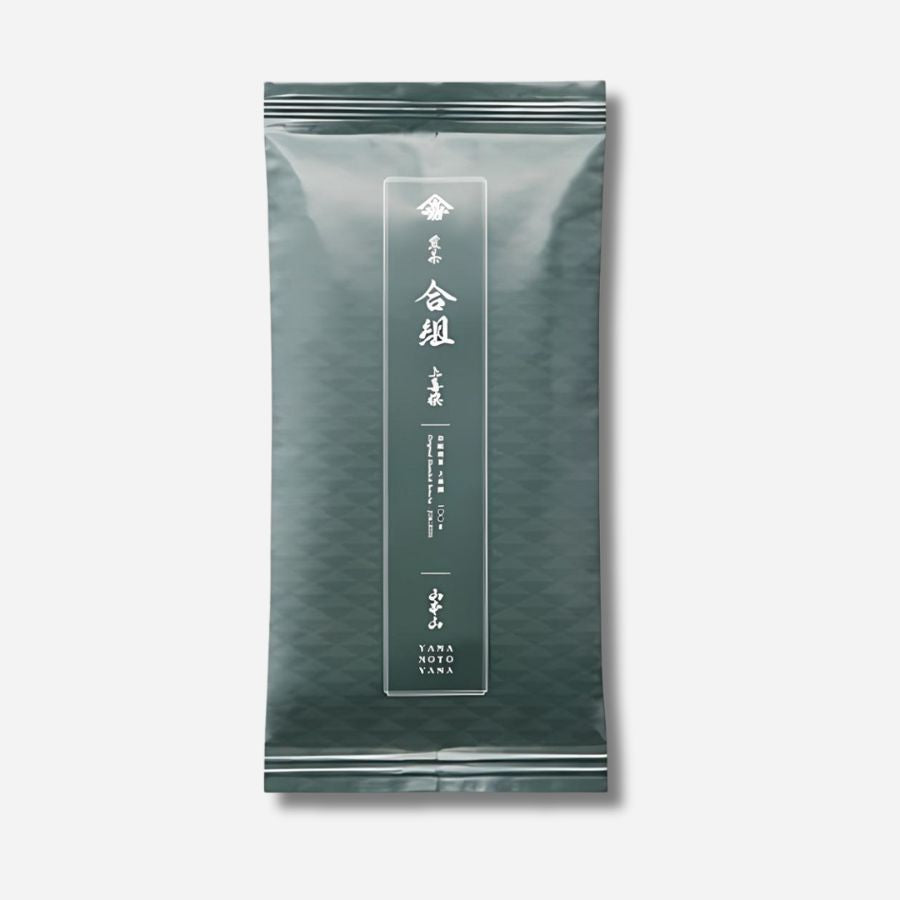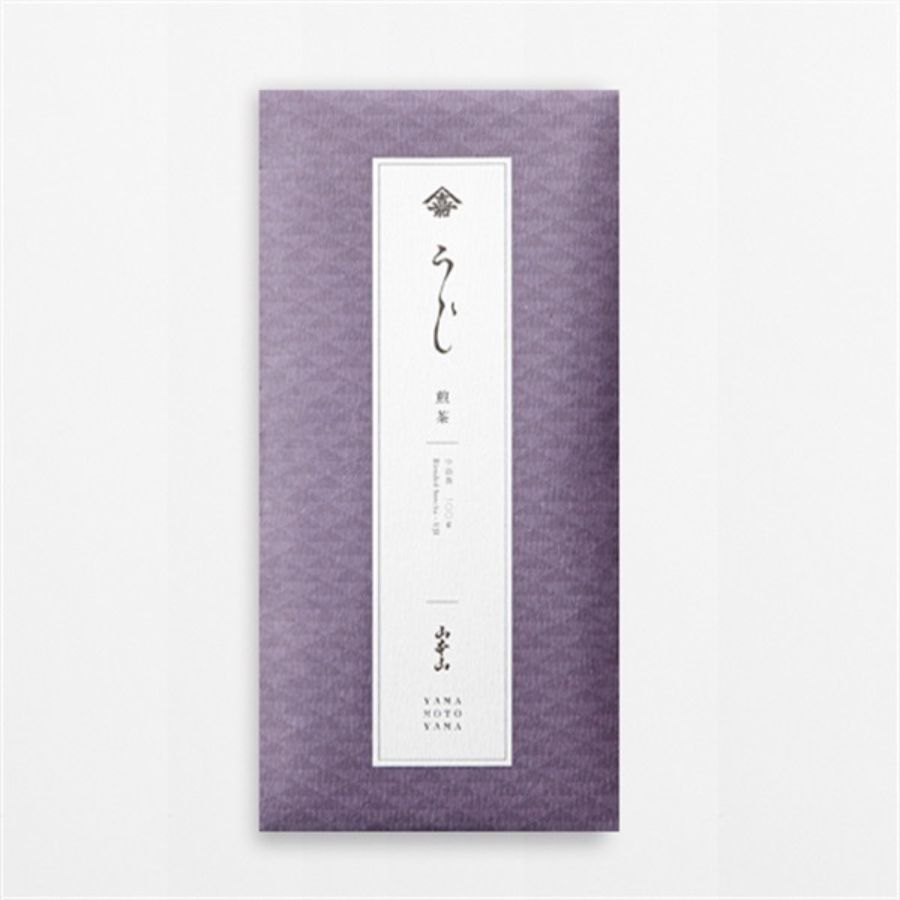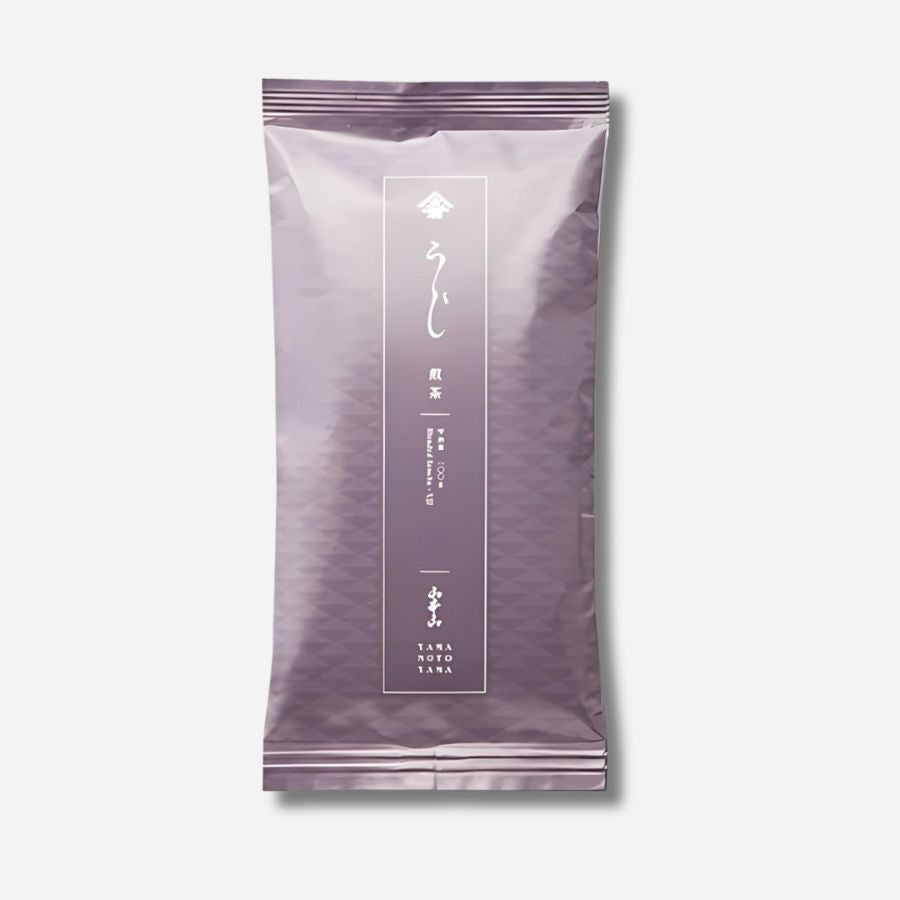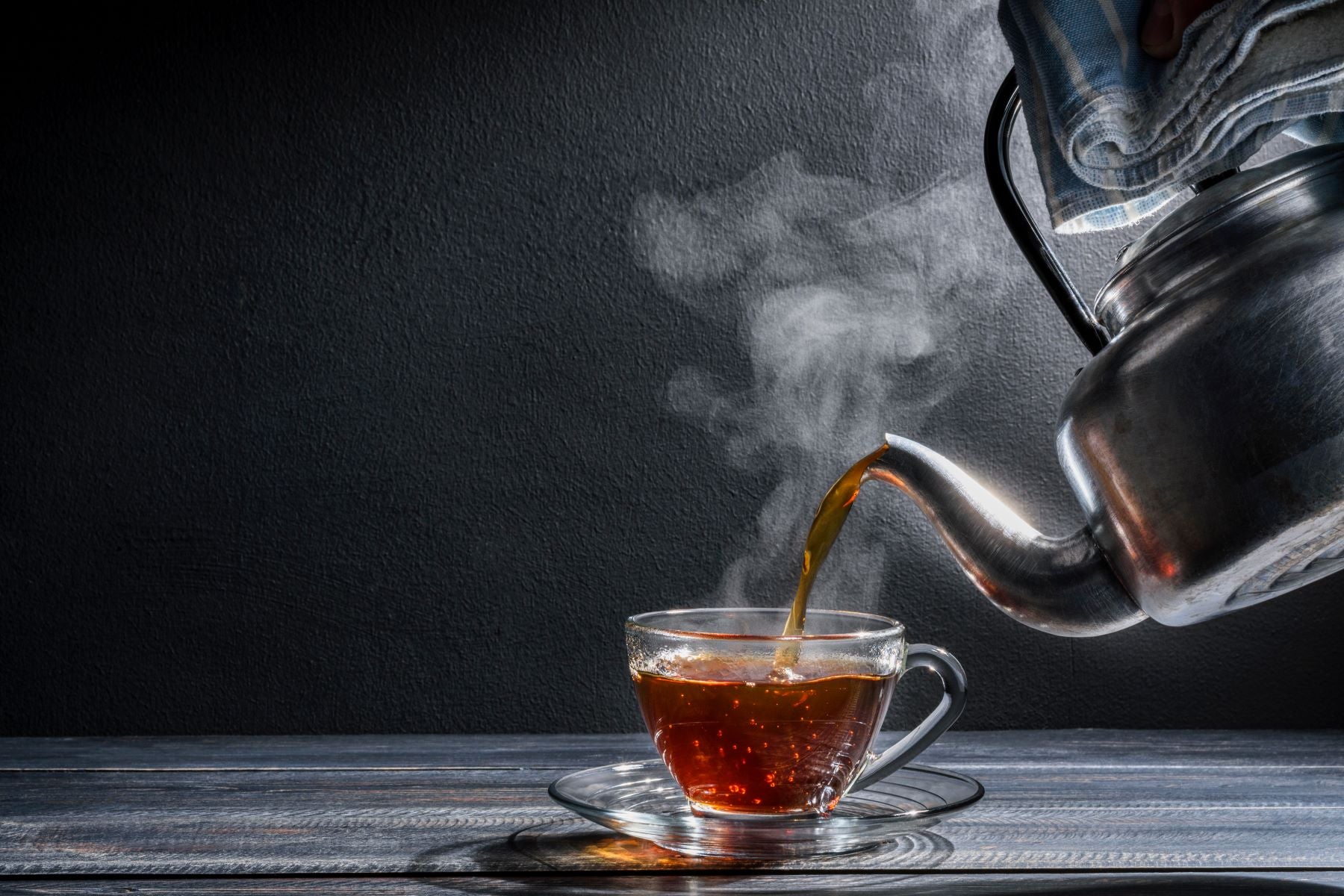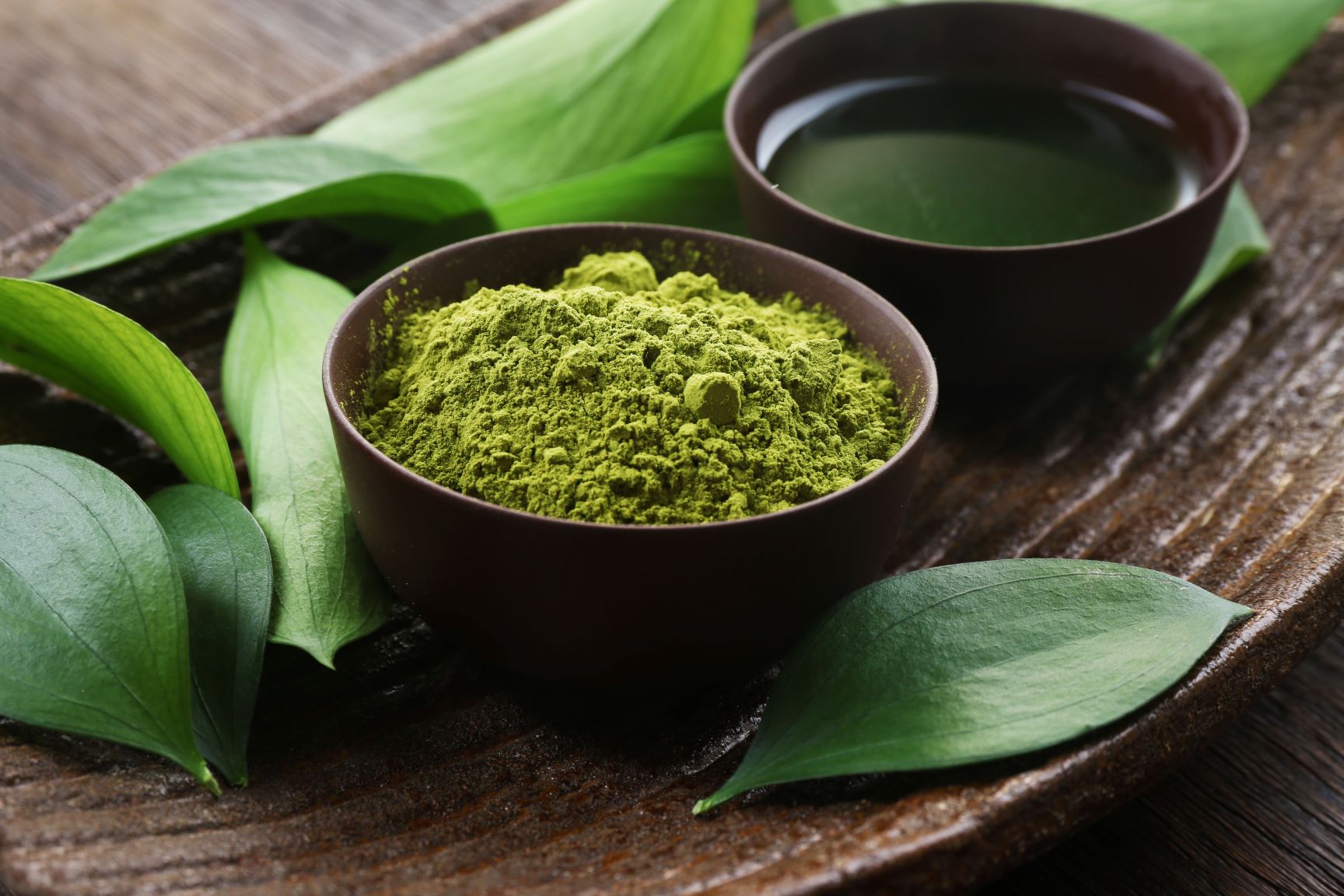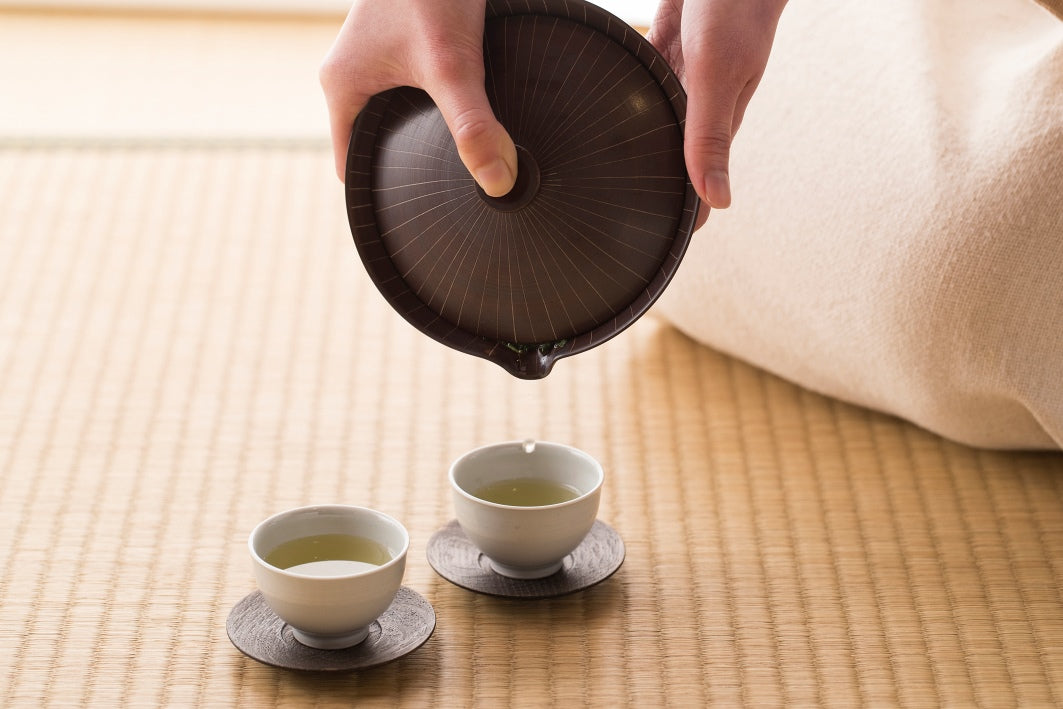
Make your tea even more delicious! Explaining why soft water is the best choice
Introduction
No matter how high-quality the tea leaves you choose, if the water is poor quality, you won't be able to bring out the tea's original flavor. Water is one of the elements that determines the taste of tea.
It is said that when tea is brewed, 99.7% of the liquid is water. The remaining 0.3% is made up of ingredients dissolved from the tea leaves. This shows how much water contributes to the taste of tea.
So, what kind of water should you use to make delicious tea?

Why soft water is suitable for tea
It is generally said that soft water is best for brewing tea. By using soft water, you can enjoy the flavor and aroma of the tea more vividly.
On the other hand, hard water tends to react with the ingredients in tea, making it taste astringent and bitter.

How water hardness affects tea
Water has different hardness levels depending on the amount of calcium and magnesium ions it contains, and is broadly divided into soft water and hard water.
Soft water has a low calcium and magnesium content, is smooth on the palate, and is said to bring out the natural flavor of tea.
On the other hand, hard water contains a lot of these minerals, which can make the tea feel a bit hard and change the taste of the tea.

Differences depending on region and water type
Tap water in Japan is generally classified as soft water, so you can use it to make tea as is. However, the composition of tap water varies depending on the region, so if you are concerned about this, it may be a good idea to try using mineral water instead.
However, even in this case, be sure to check the "hardness" described below.
Tea extracts its components when the tea leaves come into contact with water, so water hardness has a significant effect on the taste and aroma of tea.

In an experiment to examine the effect of water hardness on the taste of tea, minerals such as calcium and magnesium were added to distilled water to create artificial water of various hardness levels, and tea was then brewed with the water and the taste was compared.
As a result, tea brewed with water with a hardness ranging from 10 to 50 was rated as having the best taste and aroma.
On the other hand, tea brewed with water with a hardness of over 50 was rated as having a "weak aroma" and "strange taste," suggesting that water with high hardness may impair the flavor of tea.

Of course, natural water's hardness is not determined by a single mineral, like the artificial water used in the experiment.
However, the results of this experiment show that water hardness is also an important factor in brewing delicious tea. Water with low or high hardness may not bring out the natural flavor of the tea, so it is important to choose water with the optimal hardness to suit the type of tea and your preferences.
However, water hardness varies greatly depending on the country and region of the world. For example, there are many areas in Europe where hard water is consumed on a daily basis, and people who are accustomed to hard water may find that tea brewed with hard water tastes better.

Precautions when using hard water
When making tea with hard water, it is essential to use boiled water.
In particular, when it comes to temporarily hard water that contains a lot of calcium bicarbonate, such as river water or groundwater that flows through limestone areas, boiling the water reduces the hardness, making it easier to bring out the tea's original flavor.
However, permanently hard water, which contains dissolved sulfates and chlorides of calcium and magnesium, does not lose its hardness even when boiled. Therefore, tea brewed with permanently hard water may taste bitter or astringent.
For this reason, when brewing tea with hard water, be sure to check the ingredients of the water in advance, and if the water is temporarily hard, boil it before using it.
If your water is permanently hard, we recommend switching to soft water or using a water purifier to reduce the hardness.

